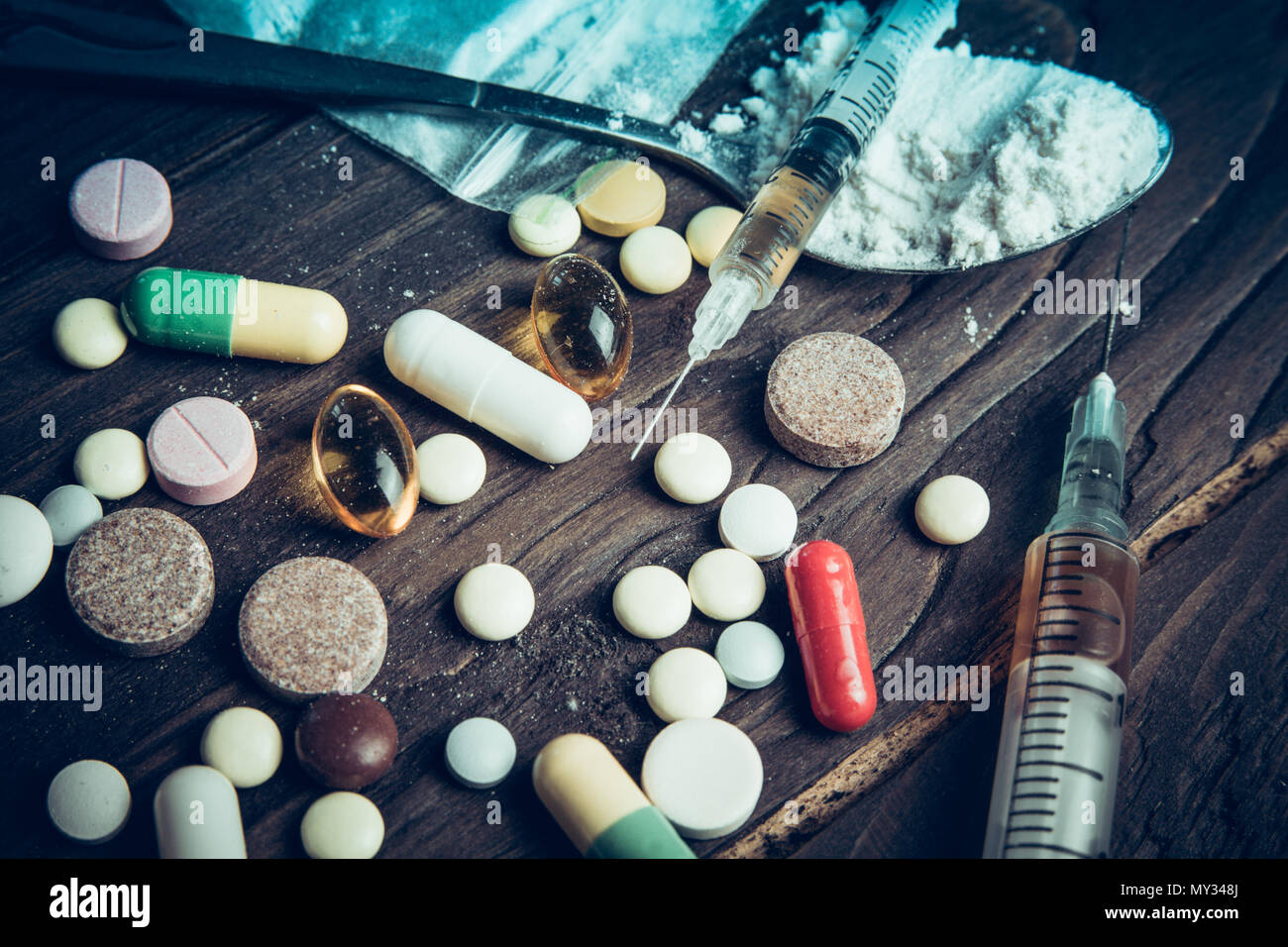The Devastating Impact of Drug Abuse in the city Lagos
 Lagos, Nigeria's vibrant heart, pulsates with ambition and energy. However, a dark undercurrent threatens its vibrancy – the rampant use of illegal drugs. This isn't confined to a specific area; from the bustling streets of Oshodi to the affluent neighborhoods of Ikoyi, drug abuse casts a long shadow, jeopardizing individual lives, tearing apart families, and hindering the city's progress.
Lagos, Nigeria's vibrant heart, pulsates with ambition and energy. However, a dark undercurrent threatens its vibrancy – the rampant use of illegal drugs. This isn't confined to a specific area; from the bustling streets of Oshodi to the affluent neighborhoods of Ikoyi, drug abuse casts a long shadow, jeopardizing individual lives, tearing apart families, and hindering the city's progress.
The drug landscape in Lagos is a complex and ever-evolving beast. While traditional substances like cannabis and codeine remain prevalent, newer, more dangerous players are gaining a disturbing foothold. Powerful prescription painkillers like tramadol, the highly addictive crystal meth, and synthetic versions of cannabis are becoming increasingly accessible.
This ease of access fuels an alarming trend – a National Drug Use Survey estimates a staggering 33% of Lagos residents have used some form of illicit drug in their lifetime.
This high prevalence rate paints a grim picture with devastating consequences for individuals, communities, and the city as a whole, which will be outlined below.
- Ravaged Lives: A Cycle of Despair
Drug abuse is an equal-opportunity destroyer. It ensnares people from all walks of life - students overwhelmed by academic pressure seeking escape, young adults struggling with unemployment turning to substances for solace, and even professionals seeking to numb emotional pain.  The consequences are dire. Physical health suffers, with weakened immune systems and organ damage.
The consequences are dire. Physical health suffers, with weakened immune systems and organ damage.
Mental health deteriorates, leading to depression, anxiety, and even psychosis. Productivity plummets as addiction takes hold. Drug abuse disrupts families, leading to domestic violence, neglect of children, and severe financial strain as resources are funneled towards maintaining the addiction.
The cycle of abuse often ends in tragedy, with overdose deaths and the high risk of HIV/AIDS transmission posing significant threats.
- Fueling a Vicious Cycle: From Addiction to Social Decay
The impact of drug abuse goes beyond the individual. It weakens the very fabric of Lagos' social structure. Crime rates surge as addicts resort to theft and violence to fund their habits. Gang activity flourishes, creating a climate of fear and insecurity.
The allure of quick money through drug sales attracts vulnerable youth, trapping them in a vicious cycle that perpetuates poverty and violence.
Lagos is now a City in Need of Healing
Responding to this crisis requires a multi-faceted approach on several fronts:
- Awareness and Education: Public education campaigns are crucial. Targeting young people, they should debunk myths surrounding drug use and emphasize the dangers of addiction. Schools, community centers, and faith-based organizations can play a vital role in spreading awareness, creating a culture of healthy choices.
- Accessibility of Treatment: Currently, access to effective drug rehabilitation programs is limited. This bottleneck needs to be addressed. More qualified counselors and therapists are needed, and a network of affordable treatment centers accessible to all socioeconomic groups should be established. Treatment should go beyond physical rehabilitation and address the underlying causes of addiction.
- Economic Opportunities: Poverty and unemployment are often seen as gateways to drug abuse. Creating avenues for decent employment and income generation, particularly for young people, can provide a sense of purpose and reduce dependency on illegal substances. Skills training programs and job placement initiatives can help break the cycle of poverty and addiction.
- Law Enforcement and Regulation: While enforcement efforts focusing on disrupting drug trafficking networks and holding dealers accountable are important, a harsh, punitive approach alone won't solve the problem. Stricter regulations on the availability of precursor chemicals used to manufacture illegal drugs can also be a significant deterrent.
- Community Support: Building strong communities is vital. When people feel connected, supported, and valued, they are less likely to turn to drugs. Fostering a sense of belonging and providing opportunities for positive social interaction can help individuals cope with challenges and resist the temptation of drug use. Community centers can offer after-school programs, mentorship opportunities, and recreational activities, building a sense of belonging and fostering healthy coping mechanisms.
Tackling the challenge of drug abuse in Lagos is a monumental task. However, the city has the resources, resilience, and unwavering spirit to overcome this adversity. By investing in preventive measures, improving access to treatment, fostering a supportive environment, and empowering communities, Lagos can reclaim its sunshine and chart a brighter future for its citizens.
While statistics paint a grim picture, the human stories behind them are far more poignant. Imagine Amina, a once bright student, now reduced to a shell of her former self due to chronic drug use. Consider Emeka, a talented artist whose creative spark has been snuffed out by addiction. These are just two examples of the countless lives devastated by drug abuse in Lagos. Each story is a reminder of the urgency to act.








































